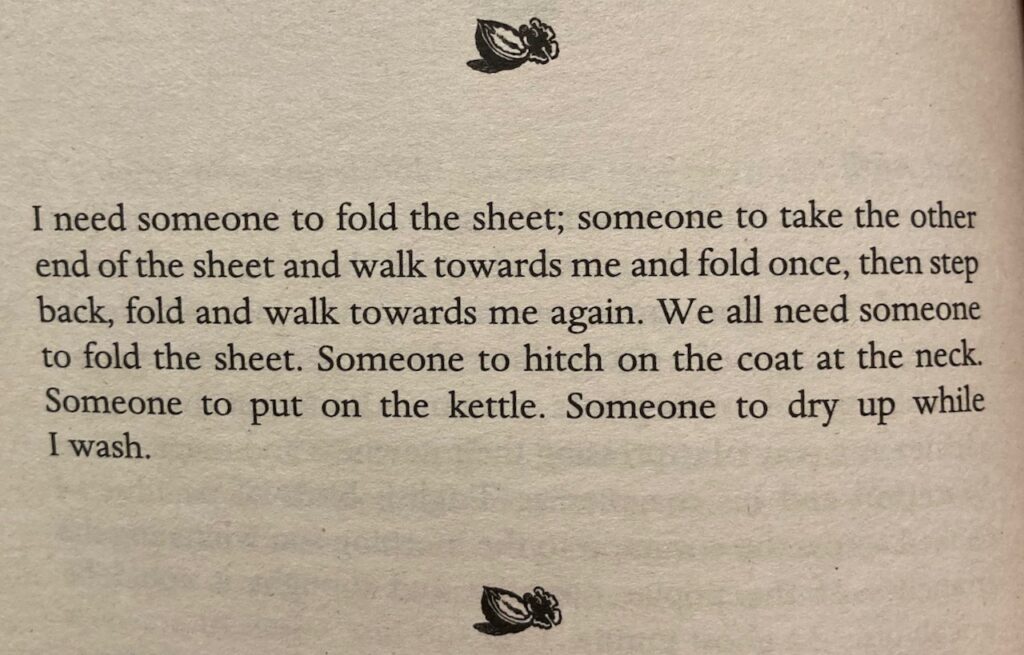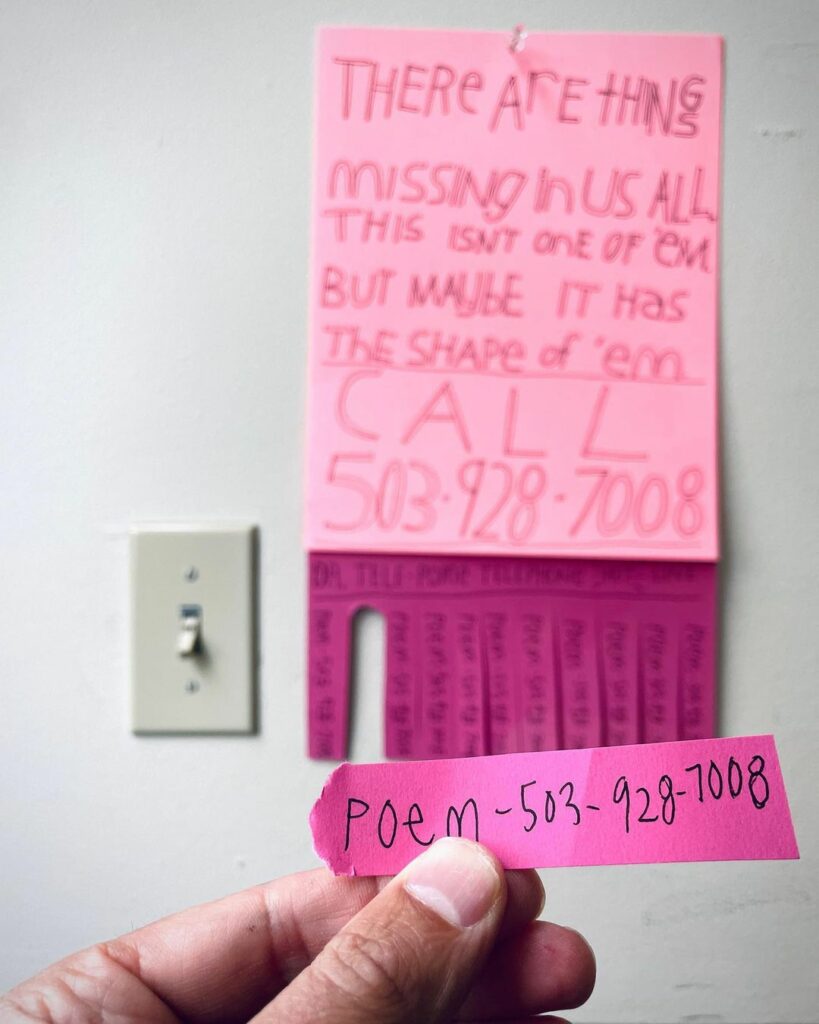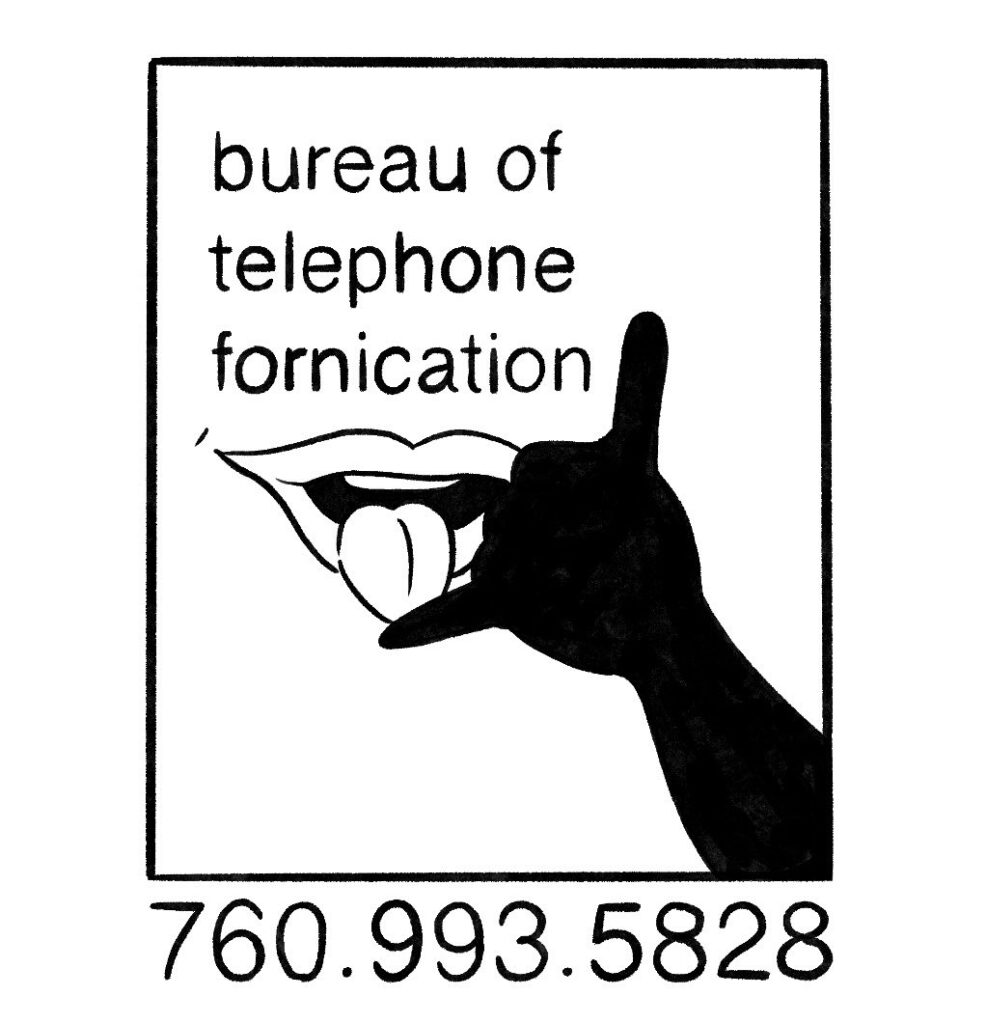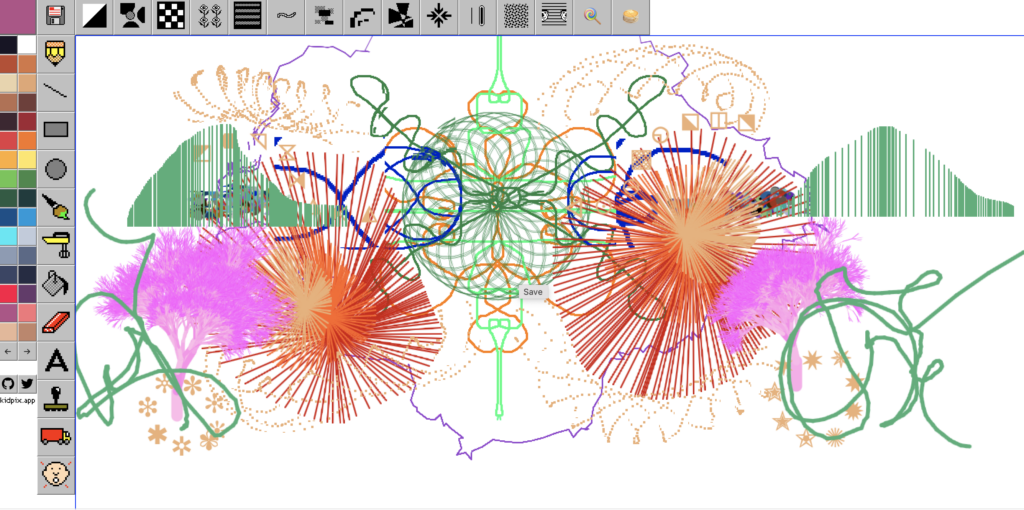Surprise outcome after yesterday’s mope: I have rather abruptly returned to being a person who says she’ll do things and then feels capable of doing them???
I’m not saying nature is healing and Portland Lucy has reestablished herself, but the ambient back-to-school energy I’ve been craving is certainly doing something.
This is what it takes:
- The feeling, however trivial, of control (over my movements, my schedule, my food intake, my sleep)
- Microscopic movement in the direction of something that’s been scaring me—I’m talking truly microscopic, like moving a pencil five inches closer to a notepad and then calling it a day
- Letting the dog see the rabbit
- Securing caregiving help during the week
- Moving piles of mulch from one end of the property to the other in a wheelbarrow, raking them over the parched earth, watching the ur-heap on the concrete shrink bit by bit
- Leaving the house at least once every day
- Asking for help, accepting meals from friends, letting them lighten the logistical load
- Starting the process of buying a friend’s old car so I can have my own reliable transportation
- Undergoing a healthy dose of heartbreak
- Getting in the sea
- Allowing myself to fuck around in the afternoons because the fact is I feel lethargic and dismal every day after lunch, so if I’ve done something early enough it’s not a hardship to watch Ted Lasso or read a book or stare aimlessly into space
- Making diary comics again
It’s the shift when weeks of broken promises to myself stop feeling like impenetrable, sticky guilt and instead alchemize into rocket fuel. Suddenly everything is happening and the urge is to ride the wave, tackle it all in one fell swoop, but my most important job is actually to do less. Rest must be just as much a part of this as consistency. The hardest discipline.
I feel so much relief in my body.



